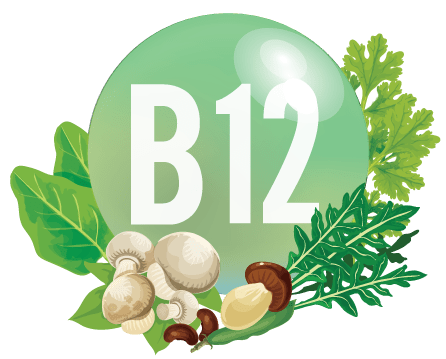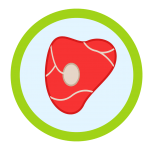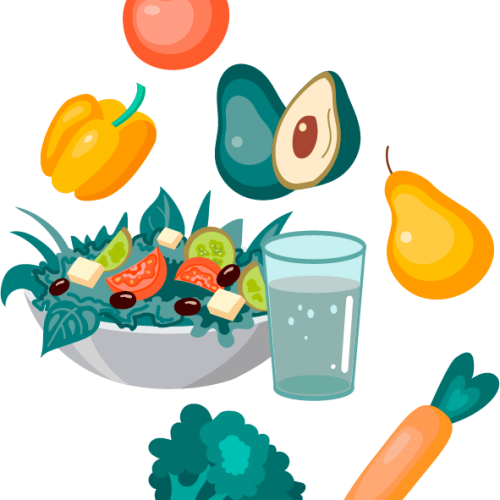What Foods Provide Vitamin B12
Vitamin B12, or Cobalamin, is a vital nutrient for our bodies. It plays a crucial role in maintaining nerve tissue health, brain function, and the production of red blood cells.
However, getting enough B12 can be challenging, especially for specific groups. Vegetarians, vegans, older adults, and those with certain health conditions may struggle to meet their daily requirements.
What are some sources of cobalamin in food, and how can we ensure we get enough in our diet?
Whether you’re a carnivore, herbivore, or vegan, you’ll find helpful tips for meeting your Vitamin B12 requirements.
Understanding Vitamin B12 and Its Importance
Cobalamin or B12, is a water-soluble vitamin that is involved in the production of red blood cells and the maintenance of a healthy nervous system. A deficiency can lead to serious health issues, including anemia and neurological complications. Therefore, it’s crucial to ensure we get enough of this nutrient in our diet.
Cobalamin stands out among nutrients because it is not naturally present in plant-based foods. This makes it a nutrient of concern for those following a vegetarian or vegan diet. But vegetarians and vegans should not be the only ones mindful of their B12 intake. Older adults and those with certain health conditions may struggle to absorb enough Vitamin B12 from their diet.
Daily Cobalamin Requirements and Absorption
The daily requirement of B12 varies by age, lifestyle, and dietary needs. The recommended daily intake for adults is 2.4 micrograms.
However, older adults and those with certain health conditions may need more. This is because the body’s ability to absorb B12 can decrease with age or due to certain medical conditions.
It is water-soluble. This means that excess amounts are excreted in urine. Therefore, it’s hard to consume too much from food alone.
However, it’s important to note that the absorption of vitamin b12 from food requires proper stomach acid levels and the presence of a protein called intrinsic factor. Without these, the body may not be able to absorb what it needs.
Keep in mind that B12 supplements can affect some medications you are taking and how your body absorbs nutrients from food.
For instance, if you take medicines to reduce stomach acid, it could interfere with how your body absorbs vitamin B12 from food, leading to a deficiency. Additionally, if you are taking metformin for pre-diabetes or diabetes, it might lower your vitamin B12 levels. It’s essential to talk to your doctor about any supplements or medications you’re taking to understand if there might be any interactions or impacts on your body’s ability to absorb nutrients.









